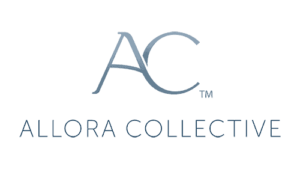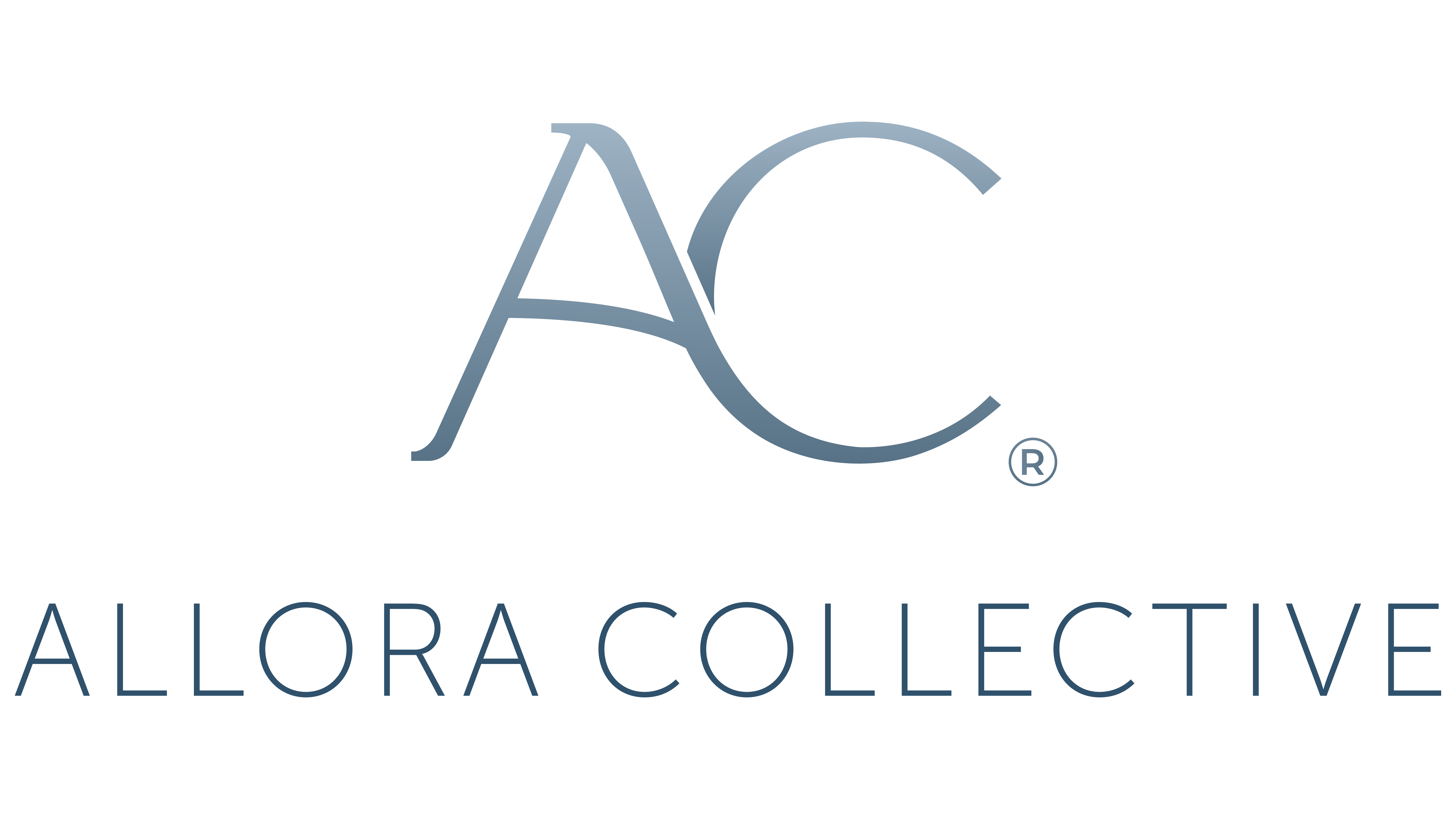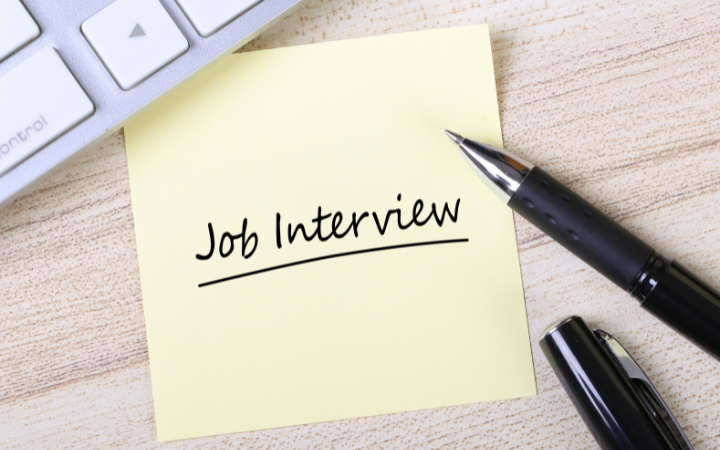
How To Interview Prep for Recruiters, Hiring Managers, Teams, Leadership And Culture

Each company has a different interviewing process; some are effective, while others are a headache. Between the time you apply and the time you receive an offer, there should be 3–5 interviews. Of course, the size of the business and other things will affect this.
At the very least, the first interview should verify that your experience matches your resume, the second interview is your would-be manager and the third is with either a member of your team or someone from a different team you might work with. The verbal offer comes after the interviews, followed by an offer extension and negotiations as necessary. From the date of application to offer acceptance, the interview process can take three to six weeks, while some businesses have shorter timelines some can take two-three months.
You should know how to prepare for these 5 types of interviewers. Technical interviews are not included because they are specific to the role, level and discipline.
The Recruiter qualifies the experience on your resume and will try to determine if you will work well with the team. Ask them why the job is open, what the interview process looks like, decision-making timelines, follow-up expectations, the salary range, and about the benefits package. You can also ask what the hiring manager is like to work with, and how long the team has been working together.
The Hiring Manager, who would be your future boss, wants someone they can count on and who they can trust to be proactive. Prepare examples of how your work has strategically impacted your team and the company. Tailor your career examples to emphasize and demonstrate your performance in these areas. Tell them why you made decisions, how you prioritized, considered trade-offs, and how you managed unexpected changes after mentioning results. Ask about their management style, or how they communicate with the team. If mentorship and growth are important to you, ask for an example of a team member who leveled up to a new role and how they supported them in doing so.
The cross-functional or team member interview could be one person or a panel of 2-4 people. Sometimes it is centered on a business case or case study you were asked to do. Prepare to describe your thought process and how you factor their disciplines into the solution and explain your work technically and non-technically. Add an example of how you communicate across teams and keep everyone on the same page with the solution or get ‘buy-in’ from stakeholders.
The culture interview is typically an employee who has worked for the company for a long time. Although they should be focused on your ‘culture add’, some organizations still use the culture fit model. Fit developed a reputation for someone who conforms and fits in but fortunately, some teams have evolved to see the value of hiring people who add to the culture which is why we are focusing on that here. They are interested in how you would expand their perspective not just intellectually, but also socially, in terms of how you would affect your coworkers. This conversation might seem more casual, as you share what you’ve learned from your experiences so they can understand how approachable, flexible, and open you are. They may ask how you handled a challenging manager or conflict and how you’ve mentored colleagues to help them grow.
The leadership interview might be an executive or someone at the Director level, depending on your level. This may be the hiring manager at a very small startup. If it’s a larger company it could mean that an executive doesn’t trust their hiring teams (ask your career coach how to recognize the difference and why this could be an issue). After meeting everyone else they know that you’re qualified, and they want to know how you connect your work to the company’s success and business strategy. They are likely listening for your level of commercial expertise in the industry and your understanding of the entire organization’s productivity and workflow.
After you prepare for your interview(s) you should practice.
Practice builds confidence. Confidence is a skill.
Book a free session with one of our coaches and learn more about how we improve your interview results! To ensure you have all you need, our Interview Prep Worksheet and other Allora tools are included.
Learn more about our coaching plans here!
Read what our clients say on our testimonials page here!
Share this with your network or buy your friend a gift card to work with us!
Kelly Kugler
Kelly is a Career Manager, Relocation Strategist, and Global Talent Acquisition Leader. She is the Founder of Allora Collective, a team of coaches who guide people through their job search, career growth and transitions, and relocations. After developing scalable talent programs for Booking.com, the NFL, and General Assembly, Kelly built Allora Collective. She works with businesses to acquire talent, improve their hiring programs, facilitate workshops and design coaching packages for their employees. Connect with Kelly on LinkedIn, follow @alloracollective on Instagram, and book a free session at AlloraCollective.com.




